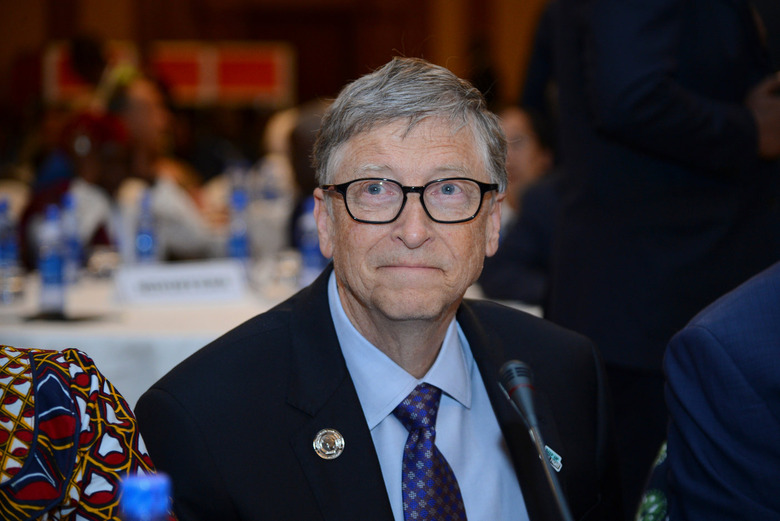Bill Gates Warns That Another Outbreak Like Coronavirus Could Happen Soon
- Bill Gates warned in an interview that a coronavirus-like outbreak can happen every 20 years or so.
- But thanks to the world's slow response to the COVID-19 pandemics, we'll be more prepared to handle the next major health crisis.
- The Microsoft founder is working through his foundation on several coronavirus vaccines, which are the only way to really stop the spread of the new virus.
- Visit BGR's homepage for more stories.
A Bill Gates TED talk from 2015 in which the Microsoft founder predicted that the world's next major problem would be a plague rather than a world war went viral a few months ago. The world realized that what was happening with the novel coronavirus outbreak followed a scenario that Gates laid out. His goal at the time was to raise awareness and convince governments to prepare their responses to a pandemic accordingly. The COVID-19 health crisis shows the world wasn't just caught by surprise, it failed to act accordingly. Even if China withheld information and hid the real number of cases and fatalities, many countries had time to prepare to handle local coronavirus epidemics. A few of them actually did, while most wasted nearly two months.
Gates now warns that a coronavirus-like outbreak can happen every 20 years or so. But next time around, he believes, the world will be prepared to respond.
The Microsoft founder spoke to Financial Times over Skype a few days ago, tackling several coronavirus-related matters. He reiterated the fact that the Bill and Melinda Gates Foundation is already involved in the worldwide response to the pandemic, working with the private and public sectors on vaccines as well as other measures that can help some countries navigate the crisis.
Gates explained again that the foundation will work on developing seven or eight vaccines concomitantly, including the logistics required to mass-produce each type of drug if it's efficient and safe. Just like he told Trevor Noah a few days ago, having the factories in place for cures that might not even work could cost billions, but it would also potentially save trillions of dollars and plenty of time.
Even still, the fallout from the COVID-19 pandemic will cost the world many trillions of dollars more than it should have, according to Gates. But that might be a good reason for governments to invest in preparations for the next pandemic:
Having paid many trillions of dollars more than we might have had to if we'd been properly ready, people will [prepare], this time, because it affected the rich countries. This is the biggest event that people will experience in their entire lives. We will have standby diagnostics. We will have deep antiviral libraries. We will have antibodies scale up. We will have vaccine platforms. We will have early warning systems. We will do germ games.
The cost of doing all those things well is very small compared to what we're going through here. And so now people realise, OK, there really is a meaningful probability every 20 years or so with lots of world travel that one of these [viruses] will come along. And so the citizens expect the government to make it a priority. It won't cost as much as the defence budget, say, but it will be a meaningful investment. Some of those investments will help medical work in other areas. A vaccine platform, cheap, fast diagnostics — these are not things that are only valuable for an epidemic.
The full interview is available at this link.
